Has the new abuse inquiry got what it takes?
- Published
- comments
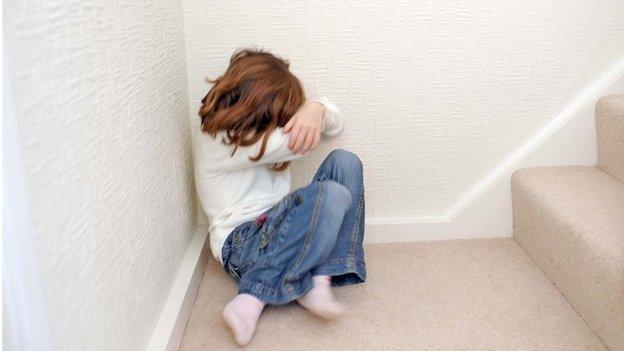
Last year's catastrophic double-failure to launch the historical child sex abuse inquiry posed serious questions for Home Secretary Theresa May and her team.
Two chairs appointed, two chairs resigned and there was a deepening sense of despair among people who've been abused that the truth would never come out.
Right from the start, both of the previous chairs - Baroness Butler-Sloss and her successor Fiona Woolf - were under incredible scrutiny. And both were ultimately compromised because they could not command the support of people who have spent years waiting for justice.
So last November, under immense political pressure, the Home Secretary publicly conceded she had got it wrong. She would pause and listen to survivors and their representatives before she went any further.
The omens did not look good. She knew that abuse survivors were at the end of their tether - so much talk, so many promises, but so little delivered.
Today's announcement to MPs on the new-look inquiry - and the new chair - has won over some of her biggest critics because, in Mrs May's words, "the process is being reset".
Home Secretary Theresa May: "She is removed from the institutions which may be the focus of this inquiry"
It appears that she has listened and responded to what victims have called for, a decision that Peter Saunders, the head of the National Association for People Abused in Childhood (Napac), has hailed as "democracy in action".
So the old inquiry panel is being disbanded - and in will come a punchy statutory inquiry. This means is has the crucial legal powers to compel witnesses to give evidence and institutions to cough up documents.
The new panel will be appointed from published criteria , external- and the outgoing team are free to apply again.

How the new inquiry is different:
Statutory powers to compel witnesses to give evidence
New published criteria for panel members
International head from outside British public life
More support for victims
Home Secretary's insistence that the Official Secrets Act should not be used to hide the truth
Police and prosecutors to work alongside inquiry to investigate criminal allegations

The new inquiry will eventually have new terms of reference which could mean that it will look at abuse that occurred before 1970, the cut-off date of the original investigation.
Mrs May said there would have to be some joined-up thinking across inquiries in Northern Ireland, Scotland and Jersey to ensure "that no information falls through the cracks, and no people or institutions escape scrutiny, censure or justice".
There will be support for witnesses, a senior police team on stand-by to chase leads and a top lawyer overseeing possible prosecutions.
All of this means that it will last at least three years - and it will be more expensive. If it matches the scale and ambition of Australia's massive abuse investigation, it will cost at least £100m.
And that means the most important part of the package will be the character of the new chairwoman: Justice Lowell Goddard from the New Zealand High Court.
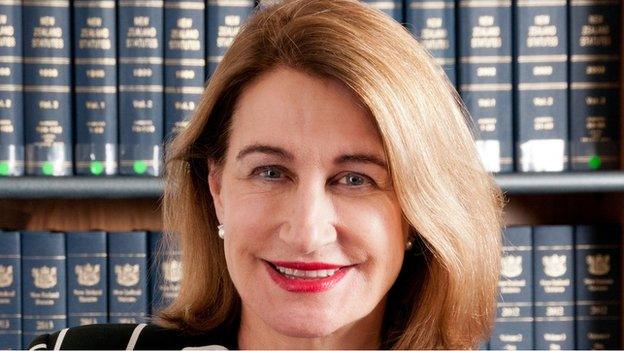
Ben Emmerson QC, who remains as counsel to the inquiry, had previously set out the qualities that the new chairman or chairwoman would need - absolute independence from the executive and an ability to hold them and institutions to account.
"You need somebody with very significant forensic skills, the ability to analyse vast quantities of information and to penetrate deep into institutions that have failed victims and survivors over the years," he told MPs.
"You need somebody who is passionate about the need to bring justice to victims and survivors.
"You need someone with significant inspiration and commitment to the job with sufficient imagination to realise that we are at a very significant crossroads in which society as a whole has a once in a life time opportunity to look back on these decades and decades of abuse and draw a line under it.
"You need someone with real courage. "
Theresa May thinks she has that figure in Justice Goddard - and Mr Emmerson has backed her publicly today. He describes the judge who has investigated child abuse in New Zealand, external and, like him, worked for the United Nations as someone with "a longstanding commitment to the promotion and protection of human rights".
Selected from more than 150 possible candidates, the new chairwoman is a world away - geographically and institutionally - from the characters and parts of the British state that victims insist must come under uncomfortable scrutiny
The appointment echoes the decision to use a Canadian judge to look into some of the most controversial allegations of collusion levelled at the state in Northern Ireland. In both of these cases the government concluded it could only win the broad support of victims by asking a complete outsider to step in.
How has that decision gone down? The mood music is positive. Campaigning MP Simon Danczuk, one of the Home Secretary's fiercest critics, has backed the selection - and Peter Saunders of Napac says Mrs May has finally got it right.
Theresa May's statement made clear she has personally learned some hard lessons about transparency and trust.
The attention now turns to Justice Goddard.
Justice Lowell Goddard will be leaving behind a New Zealand summer for an English winter - and the first possible storm ahead is her "pre-appointment" hearing before the Home Affairs committee.
She will have to prove that she has the legal skills, stamina and empathy to expose historical abuse - but also the independence to stand her ground amid the clamour.
- Published4 February 2015
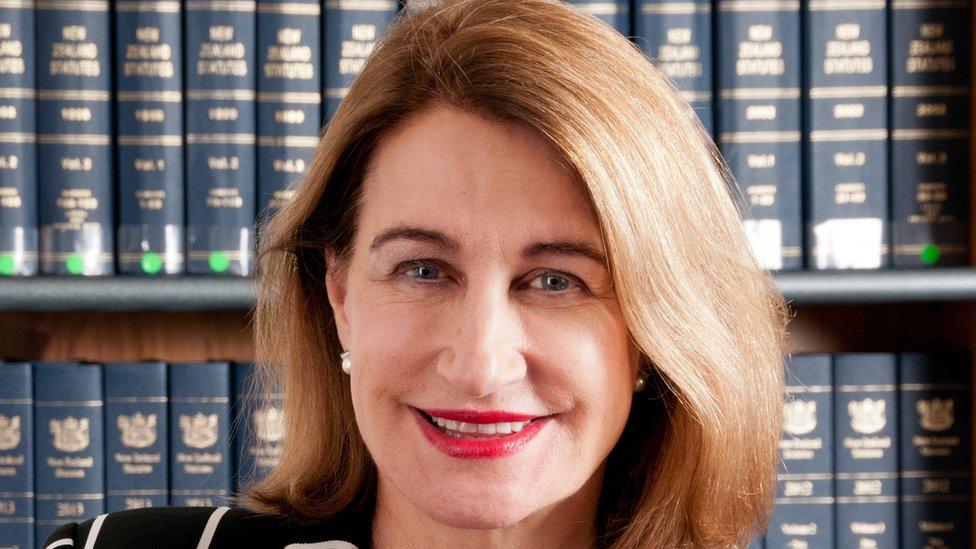
- Published4 February 2015
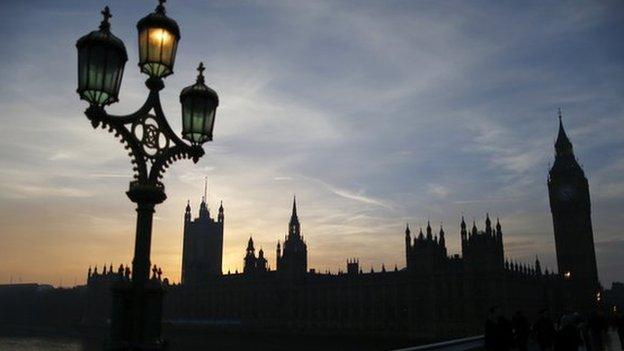
- Published1 December 2015
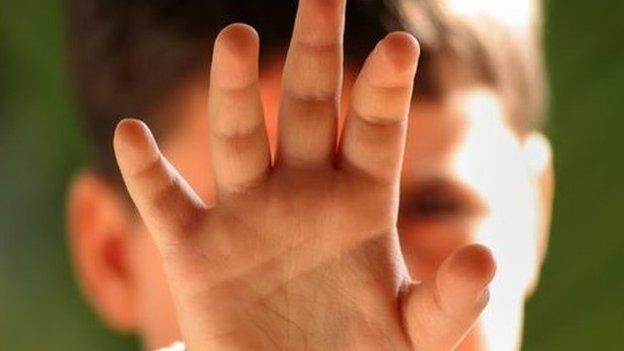
- Published31 October 2014